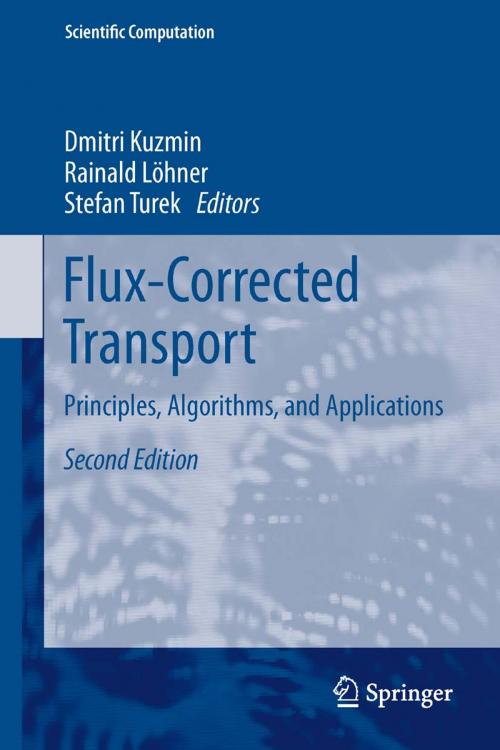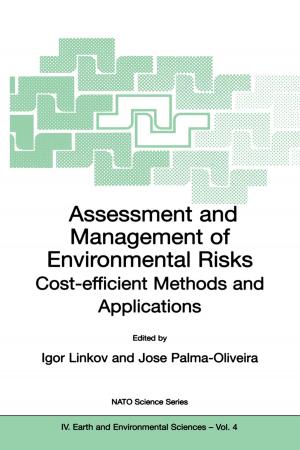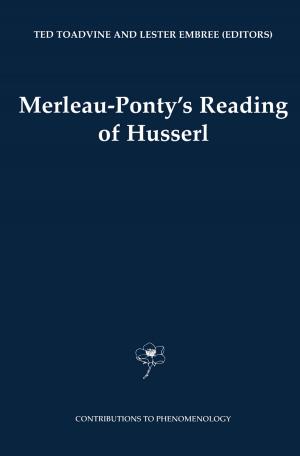Flux-Corrected Transport
Principles, Algorithms, and Applications
Nonfiction, Science & Nature, Mathematics, Counting & Numeration, Science, Physics, Mathematical Physics| Author: | ISBN: | 9789400740389 | |
| Publisher: | Springer Netherlands | Publication: | March 30, 2012 |
| Imprint: | Springer | Language: | English |
| Author: | |
| ISBN: | 9789400740389 |
| Publisher: | Springer Netherlands |
| Publication: | March 30, 2012 |
| Imprint: | Springer |
| Language: | English |
Addressing students and researchers as well as Computational Fluid Dynamics practitioners, this book is the most comprehensive review of high-resolution schemes based on the principle of Flux-Corrected Transport (FCT). The foreword by J.P. Boris and historical note by D.L. Book describe the development of the classical FCT methodology for convection-dominated transport problems, while the design philosophy behind modern FCT schemes is explained by S.T. Zalesak. The subsequent chapters present various improvements and generalizations proposed over the past three decades.
In this new edition, recent results are integrated into existing chapters in order to describe significant advances since the publication of the first edition. Also, 3 new chapters were added in order to cover the following topics: algebraic flux correction for finite elements, iterative and linearized FCT schemes, TVD-like flux limiters, acceleration of explicit and implicit solvers, mesh adaptation, failsafe limiting for systems of conservation laws, flux-corrected interpolation (remapping), positivity preservation in RANS turbulence models, and the use of FCT as an implicit subgrid scale model for large eddy simulations.
Addressing students and researchers as well as Computational Fluid Dynamics practitioners, this book is the most comprehensive review of high-resolution schemes based on the principle of Flux-Corrected Transport (FCT). The foreword by J.P. Boris and historical note by D.L. Book describe the development of the classical FCT methodology for convection-dominated transport problems, while the design philosophy behind modern FCT schemes is explained by S.T. Zalesak. The subsequent chapters present various improvements and generalizations proposed over the past three decades.
In this new edition, recent results are integrated into existing chapters in order to describe significant advances since the publication of the first edition. Also, 3 new chapters were added in order to cover the following topics: algebraic flux correction for finite elements, iterative and linearized FCT schemes, TVD-like flux limiters, acceleration of explicit and implicit solvers, mesh adaptation, failsafe limiting for systems of conservation laws, flux-corrected interpolation (remapping), positivity preservation in RANS turbulence models, and the use of FCT as an implicit subgrid scale model for large eddy simulations.















